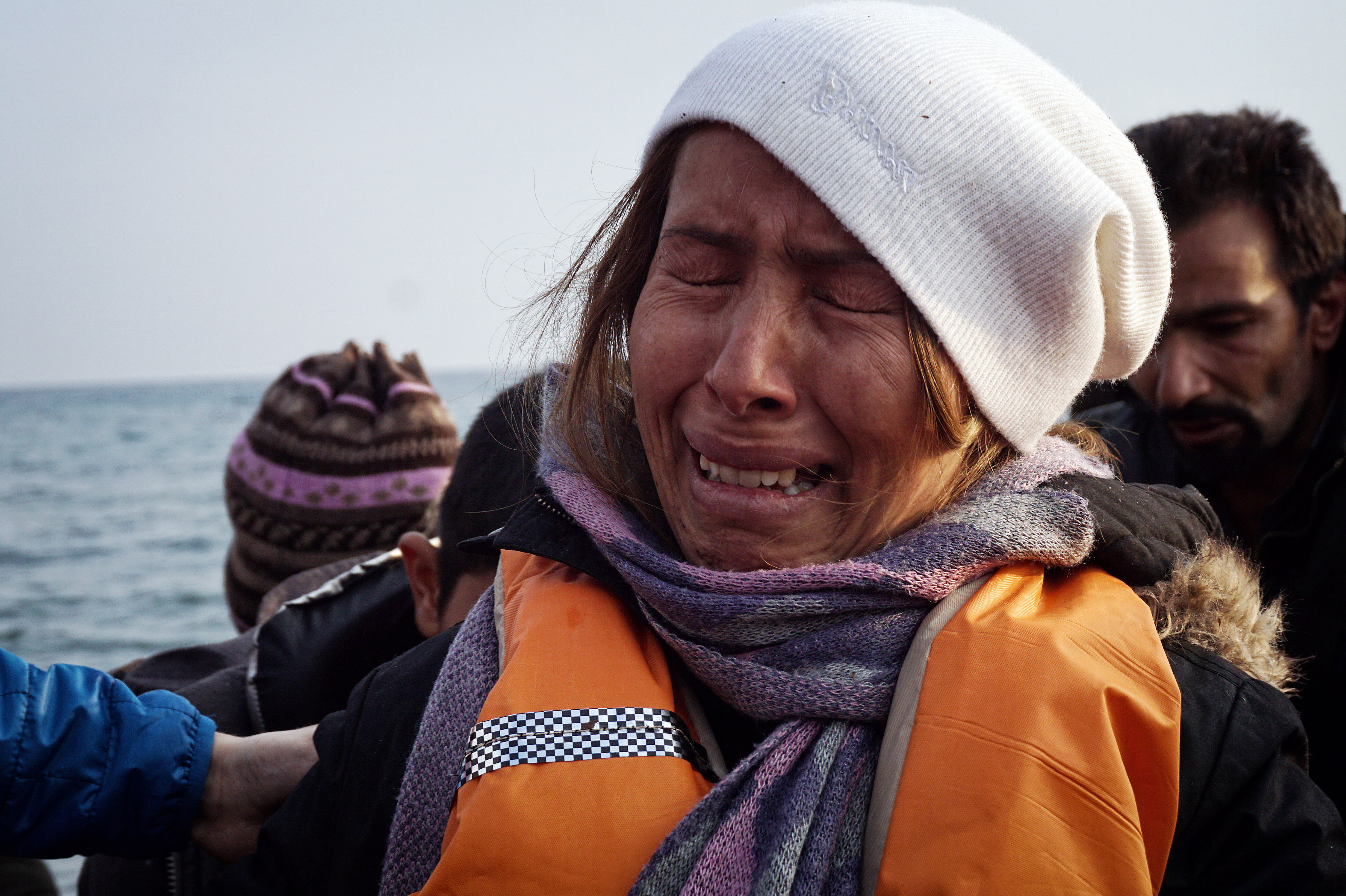Eight per thousand
An overarching three-year campaign, launched a few days ago, will support migrant populations’ projects in their Countries of origin, transit and arrival. The project is funded with 30 million EUR allocated through the eight-per-thousand tax devolution scheme. The underlying theme is freedom: freedom to leave, to remain or to return to one’s home Country

How can we accompany migrant people on the move? How can we defend their freedom to leave or to remain? How can we ensure the safety of their journey and of their migration project? How can we promote, in Italy, welcoming, inclusive, integrated communities open to interculturality? Those are the underlying questions addressed in the CEI campaign “Free to leave, free to remain.” The Italian bishops have decided to allocate 30 million EUR of eight-per-thousand tax devolution funds to what can be justly defined an extraordinary three-year initiative, given the geographic amplitude and the timeframe of the proposal. The initiative will involve the Countries of departure, transit and arrival of migrants, with cultural and pastoral care initiatives implemented via concrete projects and funding. Over 500 thousand people have arrived in Italy over the past three years from over 80 different Countries, mostly African, including thousands of unaccompanied children and adolescents. In the meantime, several thousands die every year (as many as 5.000 in 2016) in the attempt to cross the Sicilian Channel, the most dangerous, mortal stretch of sea in the world. At global level, every year over 250 million people are “on the move” – 65 million of whom are refugees, displaced persons and asylum-seekers. The Italian Church wants to seize this “sign of the times”: a humanity on the move that is often met with suffering and death, with humiliations, but which yearns, just like everyone, to fulfil their dreams to build a future for themselves. The campaign was launched on the occasion of the General CEI Assembly in May.

Why? “Their story reminds us that they were denied the right to remain in their land, desecrated in various ways – is stated in the project -. They were denied the right to leave in safety conditions; the freedom to seek a better future without being exposed to huge risks of all kinds.” The reasons are known: lack of food, water, jobs, extreme poverty, wars, natural disasters caused by climate change, environmental degradation. Pope Francis indicated the methods and ways, encompassed in four verbs: to welcome, to protect, to promote, to integrate. “The freedom to leave does not deny the freedom to remain or to return to one’s homeland”, outlined the promoters of the campaign. “In fact, a path of reception, protection, promotion and integration can also constitute the ideal starting point of a process leading to return to one’s Country to contribute a story of freedom and spur development.” The main theme is the very concept of freedom, the cornerstone of justice and peace.
How and who? A multidisciplinary working group, within CEI General Secretariat, will follow all the stages of the campaign: from proposal to operational planning, to implementation, verification and evaluation. The entire process is under the coordination of the Presidency, Permanent Council and General Assembly. It includes the involvement of competent bodies (Caritas Italy, the Office for Charitable Interventions to Third World Countries, Migrantes, Missio, Apostolate of the sea), along with ecclesial realities actively engaged in these areas (missionary institutes, congregations, associations and movements, realities working in the field of international cooperation). “A sign of unified pastoral care also for our dioceses, marked by networking”, according to the style of the new Dicastery for Promoting Integral Human Development. It will be held at local, national, European and international level over a three-year period.
Recipients and areas of intervention. The intervention strategy envisages actions starting with the local environment of the Countries of origin and transit, across Italy and the rest of Europe. Preferential beneficiaries are children and their families, the victims of human trafficking and the weaker brackets. The projects will first be carried out in the ten Countries of departure of the majority of children, with special focus on Africa and migratory routes, including transit areas. It will involve ecclesial realities engaged in the reception and care of children in Italy, starting with those closest to the ports of landing. Areas of intervention include, inter alia, education and vocational training, local information on the risks of migration, social and healthcare programs for weaker brackets, projects for the promotion of job opportunities and accompaniment during the return journey. Special attention will be given also to reconciliation processes.